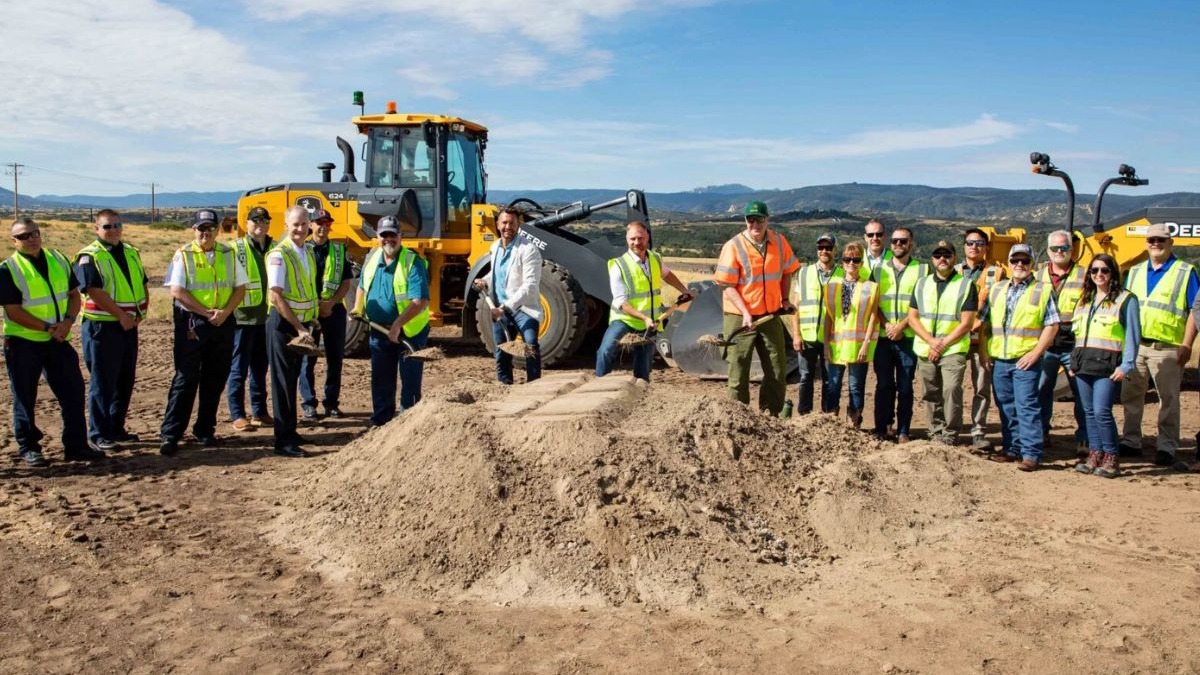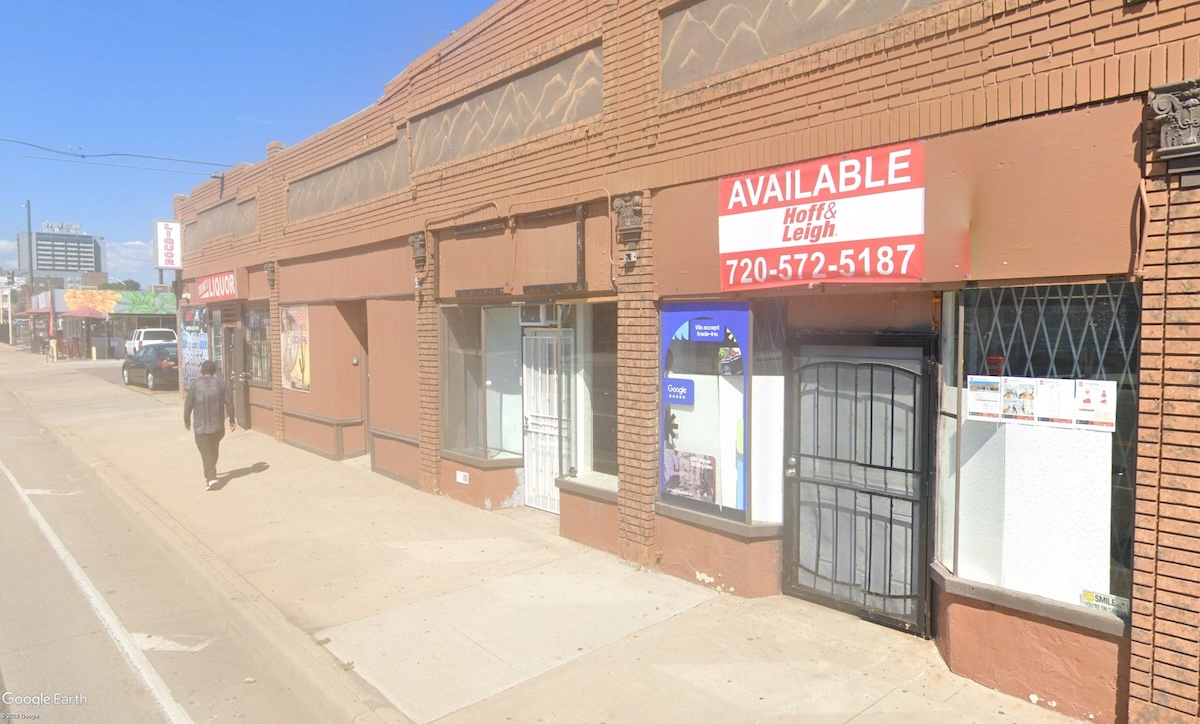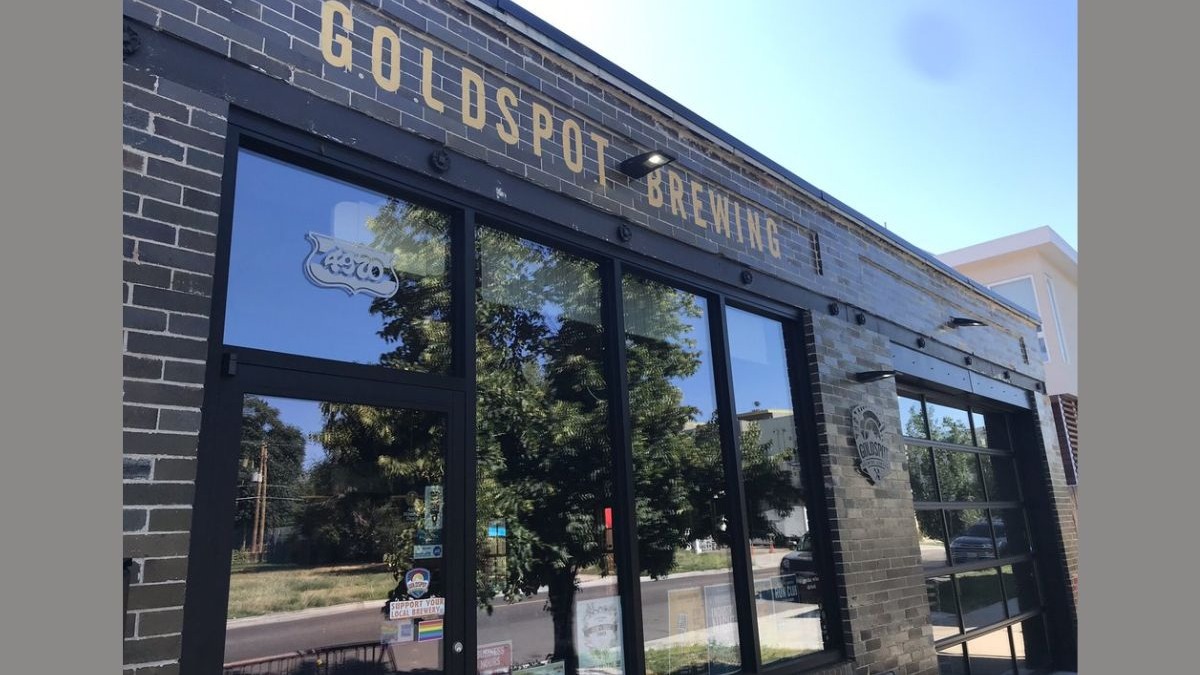Douglas County has broken ground on a new facility aimed at advancing sustainable waste management and wildfire mitigation. The $3 million facility will be the first county-owned and -operated biochar plant in the U.S. A groundbreaking ceremony was recently held, and the site will also serve as a drop-off location for hard-to-recycle items.
Highlights
- Douglas County has broken ground for a $3 million biochar facility.
- The facility will convert wood waste, yard debris, old electronics, and more into biochar.
- The biochar plant is expected to reduce processing costs and expand wildfire mitigation efforts, among other benefits.
Groundbreaking Took Place for the First County-Operated Biochar Facility
Douglas County has long faced challenges related to wildfire risk and mitigation. But as a result of the 2024 Board vote, the project, with an investment of around $3 million, is now under construction.
The groundbreaking ceremony for the biochar facility near Waste Connections off US 85 in Sedalia took place on July 23, 2025.
The plant will convert local waste into biochar, a carbon-rich material used in agriculture, landscaping, and soil restoration. Officials estimate that biochar sales could recoup the investment over a period of nine years or longer.
The plant was inspired by biochar’s potential benefits, including wildfire prevention, soil enrichment, and waste reduction. The project is designed to address multiple county priorities by turning waste into sustainable, revenue-generating products.
Biochar and Types of Waste That Will Be Accepted by the Facility
When organic materials are heated in a low-oxygen environment, a carbon-rich charcoal-type product is produced, known as biochar. During pyrolysis, carbon is captured before it escapes, and the product formed can be used for a better quality soil in terms of nutrients, moisture retention, and structure.
To expand the scope of wildfire mitigation in the County, the facility will accept slash, diseased wood, and unsellable wood, as this will reduce the costs and allow more forest land coverage.
The site will also accept household electronics, hazardous materials, and residential waste, streamlining local disposal efforts. The biochar plant is expected to open in spring 2026.
The biochar project marks a local milestone in sustainable infrastructure and environmental stewardship. By converting various waste streams into reusable materials, the facility aims to reduce environmental impact while serving the community.













